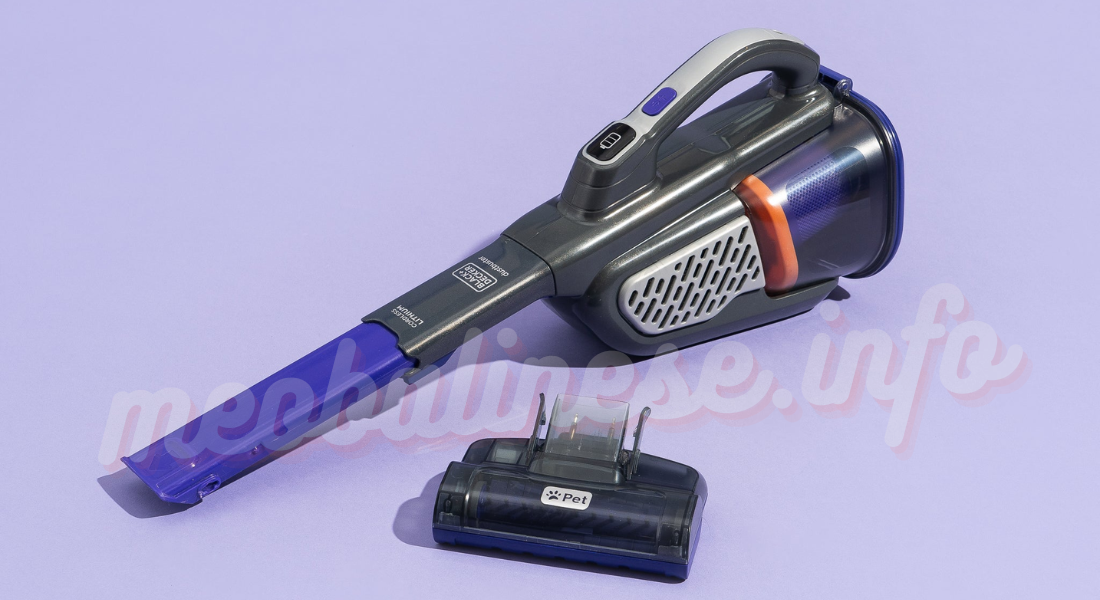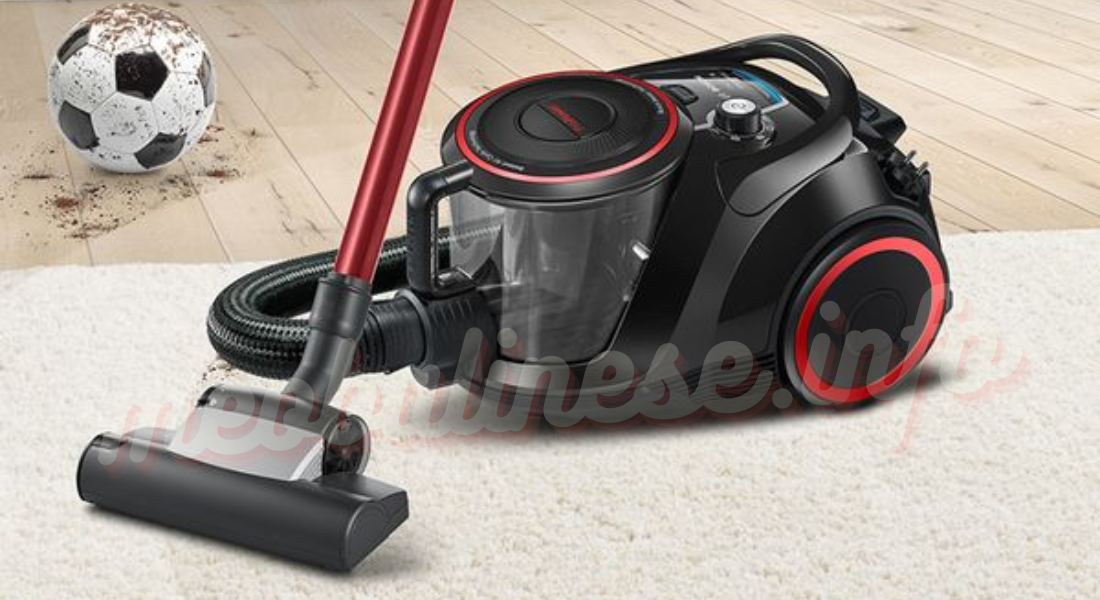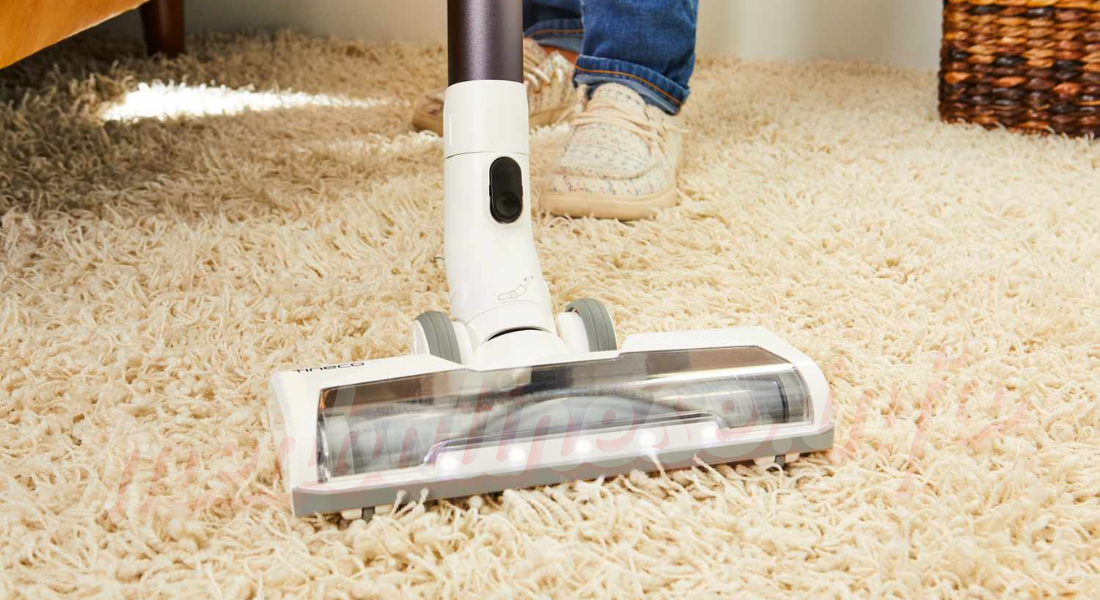Custom mechanical keyboards have become a major trend in the world of tech enthusiasts, gamers, and professionals alike. What started as a niche hobby has now blossomed into a mainstream movement, as more people seek personalized, high-quality keyboards that cater to their specific needs. But what makes a custom mechanical keyboard so desirable? In this comprehensive guide, we’ll explore everything you need to know about custom mechanical keyboards, from understanding their components to choosing the right one for you.
What is a Custom Mechanical Keyboard?
A custom mechanical keyboard refers to a keyboard that is designed and built using customizable components, allowing users to personalize the look, feel, and performance of their keyboard. Unlike traditional keyboards, which are mass-produced, custom mechanical keyboards offer a level of detail and personalization that makes them stand out. Keyboards can be built from the ground up, where users can select each part, including the key switches, keycaps, and the board itself.
The customizability of these keyboards extends beyond just aesthetic choices; it also influences the typing experience. Mechanical keyboards, as opposed to membrane or rubber dome keyboards, use physical switches beneath each key. This provides a more tactile response, which can greatly enhance comfort and typing speed.
Why Choose a Custom Mechanical Keyboard?
There are numerous reasons why someone might opt for a custom mechanical keyboard. Here are a few:
- Personalization: The ability to customize the keyboard’s design, switches, and feel is one of the most appealing aspects of custom mechanical keyboards. Whether it’s the color of the keycaps, the type of switch, or the overall layout, you can make your keyboard reflect your personal style and needs.
- Improved Typing Experience: Mechanical switches provide different types of feedback that can be tuned to your preferences. Some users prefer a soft, quiet typing experience, while others may want something more tactile and clicky. With a custom keyboard, you can select the exact switch type to suit your typing habits.
- Durability: Custom mechanical keyboards are typically made of higher-quality materials compared to mass-produced ones. This makes them more durable and able to withstand years of heavy use.
- Enhanced Performance: Mechanical keyboards offer a faster response time and more accurate keystrokes, which is especially beneficial for gamers and professionals who require precision.
- Upgradability: With custom mechanical keyboards, you can upgrade or swap out individual components as needed, extending the lifespan of your keyboard and improving its performance over time.
Key Components of Custom Mechanical Keyboards
A custom mechanical keyboard is made up of several key components, each of which can be tailored to meet your specific preferences.
- The Switches: Mechanical switches are the heart of a custom keyboard. They are the components that register each keystroke, and different switches provide different types of tactile feedback. There are three main types of mechanical switches:
- Linear Switches: These switches provide a smooth, consistent keystroke with no tactile bump. They’re ideal for people who prefer fast, quiet typing.
- Tactile Switches: This type is ideal for typists who prefer more feedback without noise.
- Clicky Switches: Clicky switches combine a tactile bump with an audible click, making them a favorite among typists who enjoy a noisy, tactile typing experience.
- The Keycaps: Keycaps are the top part of the key that you press. These are also customizable, and they come in a variety of materials, shapes, and colors. The most common materials used are ABS (Acrylonitrile Butadiene Styrene) and PBT (Polybutylene Terephthalate), with PBT being more durable and resistant to wear.
Some popular profiles include Cherry, OEM, SA, and DSA. Each profile has a distinct look and feel, and the choice of profile can influence the typing experience.
- The PCB (Printed Circuit Board): The PCB is the backbone of a mechanical keyboard. It’s the board that houses the switches and sends the key presses to your computer.
- The Case: The case is the outer shell that holds all of the keyboard components in place. Cases come in a variety of materials such as plastic, aluminum, and even acrylic.
- The Plate: The plate is the metal or plastic layer that sits between the switches and the PCB. It adds structure and can affect the typing feel, sound, and overall rigidity of the keyboard.
How to Build Your Own Custom Mechanical Keyboard
Building a custom mechanical keyboard can be an exciting and rewarding project. Here’s a step-by-step guide to get you started:
- Choose Your Layout: Decide on the layout of your keyboard. Most custom keyboards follow a standard 60%, 75%, TKL (Tenkeyless), or full-size layout. Your choice of layout will depend on your typing habits and the amount of space you need.
- Select Your Components: Once you’ve decided on the layout, choose the components for your keyboard. This includes the switches, keycaps, PCB, case, stabilizers, and plate. Make sure that the components are compatible with each other and fit your layout choice.
- Assemble the Keyboard: After collecting all of your parts, it’s time to assemble the keyboard. Start by placing the stabilizers into the PCB, followed by the switches. Next, install the plate and mount the PCB into the case.
- Lubing the Switches and Stabilizers: To ensure smooth key presses and reduce noise, many custom keyboard enthusiasts lube their switches and stabilizers. This process involves carefully disassembling the switches and applying lubricant to reduce friction and improve feel.
- Test and Adjust: Make sure all keys are working properly and that the typing feel is to your liking. You may want to tweak the switches, keycaps, or even the stabilizers to achieve the perfect feel.
Popular Custom Mechanical Keyboard Brands
Several brands and retailers have gained popularity for offering quality custom mechanical keyboard parts and kits. Some notable ones include:
- KBDfans: Known for a wide range of DIY keyboard kits, switches, keycaps, and accessories.
- Drop: Offers high-quality keycap sets and mechanical keyboard components, often in collaboration with other creators.
- Glorious: Popular for their modular keyboards and high-quality switches.
Conclusion
Custom mechanical keyboards provide an unmatched level of personalization, performance, and satisfaction. Whether you’re building your own from scratch or buying a pre-built model, the benefits of having a keyboard tailored specifically to your needs are clear. The ability to select every component, from the switches to the keycaps, allows you to create a truly unique typing experience. So, if you’re a gamer, a writer, or just someone who spends a lot of time typing, investing in a custom mechanical keyboard is an investment in comfort, performance, and style. Happy typing!




